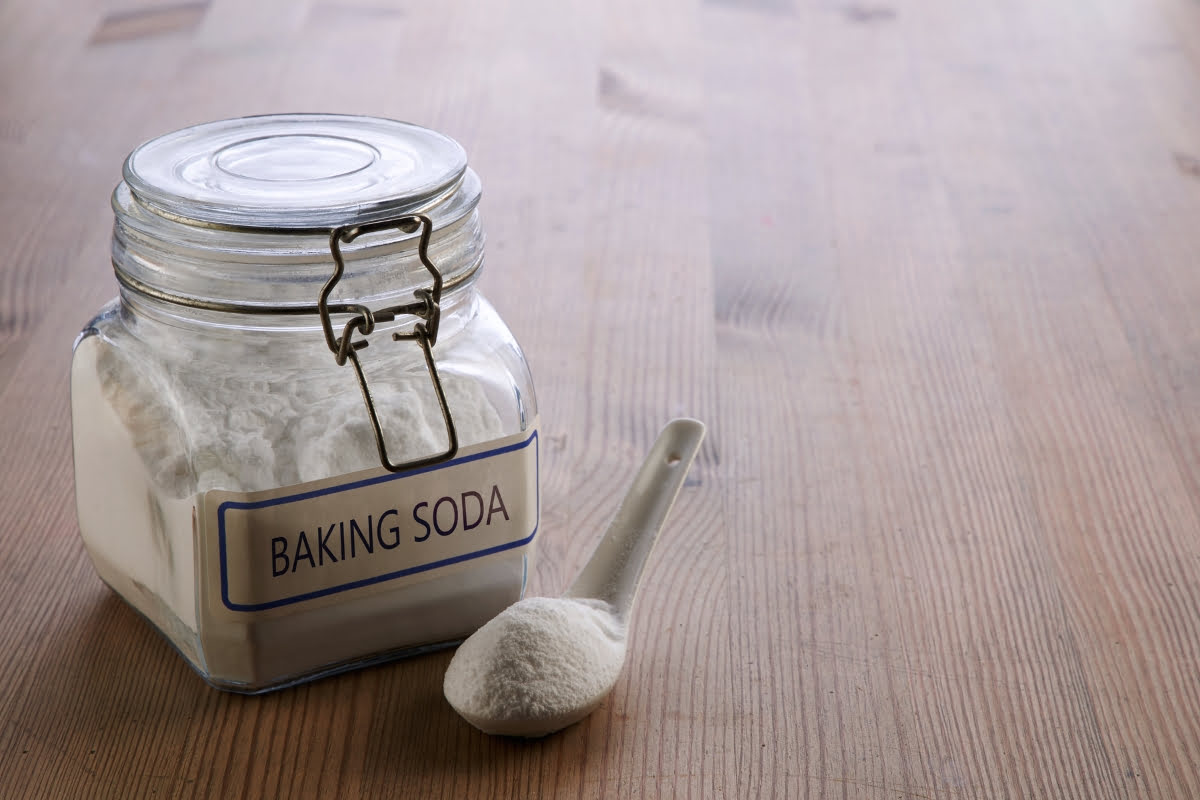

Articles
How To Store Baking Soda
Modified: December 7, 2023
Learn the best ways to store baking soda to keep it fresh and effective for all your baking and cleaning needs. Read our articles for helpful tips and tricks.
(Many of the links in this article redirect to a specific reviewed product. Your purchase of these products through affiliate links helps to generate commission for Storables.com, at no extra cost. Learn more)
Introduction
Welcome to the world of baking soda! Whether you’re an occasional home baker or a seasoned pastry chef, you know the importance of having baking soda on hand. This versatile ingredient is a staple in many recipes, from cakes and cookies to breads and muffins.
But have you ever wondered how to properly store baking soda to ensure its freshness and effectiveness? Proper storage is key to maintaining the quality and potency of baking soda, as it can lose its power over time if not stored correctly.
In this article, we will explore the importance of proper baking soda storage and provide you with helpful tips on how to store it effectively. So, let’s dive in and discover the secrets to keeping your baking soda fresh and ready to make your baked goods rise to perfection!
Key Takeaways:
- Properly storing baking soda is crucial for maintaining its freshness, potency, and effectiveness. Whether in the pantry or refrigerator, follow simple guidelines to ensure it remains ready to elevate your baking creations.
- Sealing baking soda in an airtight container, storing it in a cool and dry place, and protecting it from moisture and strong odors are key practices to keep in mind. Test for freshness periodically and replace when in doubt.
Read more: How To Store Opened Baking Soda
Why is Proper Storage Important?
Proper storage of baking soda is crucial for maintaining its freshness and effectiveness. Here’s why:
- Prolonged Shelf Life: When stored correctly, baking soda can have a long shelf life, allowing you to use it for a longer period. This is especially important if you don’t bake frequently or use small quantities of baking soda in your recipes.
- Preserves its Power: Baking soda is a leavening agent that reacts with acids, such as vinegar or lemon juice, to create carbon dioxide gas and help baked goods rise. However, over time, baking soda can lose its potency if exposed to air, moisture, or other contaminants.
- Prevents Odor Absorption: Baking soda has amazing odor-absorbing properties, which is why many people use it to freshen up their refrigerators and eliminate unwanted smells. However, if not stored properly, baking soda can absorb odors from its surroundings, making it less effective in odor control.
- Cost-effective Solution: By storing baking soda correctly, you can ensure that you get the most out of your purchase. Instead of constantly replacing expired or ineffective baking soda, proper storage can help you make the most of each box or container, saving you money in the long run.
Now that we understand the importance of proper storage, let’s take a look at some practical tips for storing baking soda effectively.
Tips for Storing Baking Soda
To keep your baking soda fresh and potent, try these tips for proper storage:
- Seal it tightly: The first step to proper baking soda storage is to ensure it is tightly sealed. Whether you’re using the original packaging or transferring it to an airtight container, make sure there are no openings that could expose the baking soda to air or moisture.
- Avoid humidity: Baking soda tends to clump up in humid environments, which can affect its quality and effectiveness. Store your baking soda in a cool, dry place away from any sources of humidity, such as the stove or dishwasher.
- Keep it away from strong odors: Baking soda is known for its odor-absorbing properties, but it can also absorb strong odors from its surroundings. To prevent this, store your baking soda away from any strong-smelling substances, such as onions or cleaning chemicals.
- Label and date: If you transfer your baking soda to a different container, be sure to label it with the date of purchase or expiration. This will help you keep track of its freshness and ensure you use the oldest baking soda first.
- Store in a cool place: Baking soda can be sensitive to heat, so it’s best to store it in a cool place. Avoid storing it near appliances that generate heat, such as ovens or toasters. Instead, opt for a pantry or cupboard away from direct sunlight.
- Don’t freeze it: While storing baking soda in the freezer might seem like a good idea, it can actually reduce its effectiveness. Freezing can cause the baking soda to absorb moisture, resulting in clumping and loss of potency.
- Test for freshness: If you’re unsure about the quality of your baking soda, you can perform a simple freshness test. Mix a teaspoon of baking soda with a tablespoon of vinegar or lemon juice. If it fizzes vigorously, it is still fresh and ready to use.
By following these tips, you can ensure that your baking soda remains fresh, potent, and ready to elevate your baking creations.
Storing Baking Soda in the Pantry
The pantry is an ideal location for storing baking soda, as long as you follow a few guidelines:
- Keep it sealed: Whether your baking soda comes in a box or a resealable bag, make sure to tightly seal it after each use. This will prevent any moisture or odors from getting in and affecting its quality.
- Avoid heat exposure: The pantry should be a cool and dry place, away from direct sunlight or any heat sources. Heat can accelerate the degradation process of baking soda, so keep it away from the stove or any nearby appliances that generate heat.
- Organize and label: If you have multiple boxes or containers of baking soda in your pantry, consider organizing them in a designated area. Label each container with the purchase date or expiration date, so you can use the oldest one first.
- Keep away from spices and strong odors: Baking soda has a tendency to absorb strong odors, so it’s best to store it separately from spices and other aromatic ingredients. This will ensure that it maintains its freshness and doesn’t take on any unwanted odors.
By following these simple tips, you can store your baking soda in the pantry and have it ready whenever you need it for your baking adventures.
Storing Baking Soda in the Refrigerator
The refrigerator is not only a place to keep your perishable food items fresh but also an excellent spot for storing baking soda. Follow these tips to store baking soda in the refrigerator:
- Use a small container: Transfer your baking soda into a small, lidded container specifically designated for refrigerator use. This will help keep it separate from other food items and prevent any potential cross-contamination.
- Place it in the refrigerator door: The refrigerator door is the perfect spot to store your baking soda. It is easily accessible, and the frequent opening and closing of the door will help aerate the baking soda, preventing any clumping.
- Protection from odors: While baking soda is great at absorbing odors, you want to avoid it absorbing any strong or pungent smells from the fridge. To prevent this, consider placing a piece of plastic wrap or small plastic container with holes between the baking soda container and other smelly foods.
- Replace regularly: Baking soda stored in the refrigerator may lose its potency faster than when stored in other areas of the kitchen. It’s a good idea to replace the baking soda in the refrigerator every 3-4 months or sooner if it starts to lose its effectiveness.
By following these guidelines, you can effectively store baking soda in your refrigerator, ensuring that it is ready to absorb any unwanted odors and keep your fridge smelling fresh.
Store baking soda in an airtight container in a cool, dry place, away from moisture and strong odors. This will help maintain its potency and prevent clumping.
Read more: How To Store Baking Soda After Opening
Storing Baking Soda in the Freezer
While it’s not necessary to store baking soda in the freezer, there are instances where freezing can be helpful:
- Long-term storage: If you have purchased baking soda in bulk and don’t plan on using it for an extended period, freezing can help preserve its freshness and potency.
- Odor elimination: Freezing baking soda can enhance its odor-absorbing properties. If you want to use baking soda specifically for neutralizing odors, consider storing a small portion of it in the freezer for this purpose.
- Prevent clumping: Freezing baking soda can help prevent clumping, ensuring that it remains in its powdered form and is easy to use when you need it.
- Use caution: It is essential to exercise caution when freezing baking soda. Moisture can cause baking soda to lose its effectiveness, so make sure it is tightly sealed in a moisture-proof container or freezer bag before placing it in the freezer.
- Thawing before use: When you need to use the frozen baking soda, allow it to thaw at room temperature before opening the container. This will help prevent any condensation from forming and affecting its quality.
Remember, freezing baking soda is not a necessity for most home bakers. It can be helpful for specific situations, but for regular day-to-day use, storing baking soda in a cool, dry place like the pantry is sufficient.
Storing Baking Soda in an Airtight Container
Using an airtight container to store baking soda is an excellent way to maintain its freshness and effectiveness. Here’s why:
- Protection from moisture: Baking soda can easily absorb moisture from the air, which can impact its potency. Storing it in an airtight container creates a barrier between the baking soda and the surrounding moisture, keeping it dry and ready for use.
- Prevents odor absorption: Baking soda has the ability to absorb odors, but it can also pick up unwanted smells from its environment. By storing it in an airtight container, you can prevent it from absorbing any strong odors and ensure that it remains fresh and odor-free.
- Keeps it free from contaminants: An airtight container safeguards the baking soda from any potential contaminants in your pantry or kitchen. It protects the baking soda from dust, debris, or any other substances that could affect its quality.
- Easier to manage: Transferring your baking soda to an airtight container allows for easier storage and organization. You can label the container with the purchase date or expiration date, making it simpler to keep track of its freshness and use it in a first-in, first-out order.
When choosing an airtight container, opt for one that is made of glass, plastic, or metal and has a secure lid. Make sure there are no cracks or openings that could compromise the seal. Additionally, it is best to select a container that is appropriately sized for the amount of baking soda you need to store, as this helps minimize any unnecessary air space.
By storing baking soda in an airtight container, you can ensure that it stays fresh, dry, and free from any unwanted odors or contaminants, ready to be used in your baking adventures.
Storing Baking Soda in a Cool and Dry Place
One of the key factors in preserving the freshness and effectiveness of baking soda is storing it in a cool and dry place. Here’s why this is important:
- Avoids moisture absorption: Baking soda has a natural tendency to absorb moisture from its surroundings. When exposed to moisture, it can clump together, affecting its texture and potency. By storing it in a cool and dry place, you can prevent moisture absorption and maintain its powdery consistency.
- Prevents caking: Moisture can cause baking soda to clump, forming hard and compacted lumps. These lumps are challenging to measure and incorporate into recipes. Storing baking soda in a cool and dry place helps prevent caking, allowing you to easily scoop or measure out the desired amount.
- Avoids temperature fluctuations: Fluctuations in temperature can affect the quality of baking soda. Extreme heat can expedite the degradation process, while rapid temperature changes can cause condensation, leading to moisture absorption. By storing baking soda in a cool and stable environment, such as a cupboard away from heat sources, you can protect its integrity.
- Preserves its potency: Baking soda’s leavening ability relies on its ability to react with acids in recipes. Properly storing it in a cool and dry place ensures that it retains its potency. Fresh and potent baking soda is crucial for achieving the desired rise and texture in your baked goods.
- Extends the shelf life: By keeping baking soda in a cool and dry place, you can extend its shelf life. While baking soda does not technically expire, it can lose its effectiveness over time. Storing it properly helps preserve its potency, allowing you to use it for a longer period.
When choosing a storage location, look out for areas in your kitchen that are away from direct sunlight, heat sources, and excessive humidity. A cool pantry or cupboard is often the most suitable spot for storing baking soda.
By storing baking soda in a cool and dry place, you can ensure its optimal freshness, potency, and usability, making it an indispensable ingredient for all your baking needs.
Conclusion
Proper storage of baking soda is essential for maintaining its freshness, potency, and effectiveness. Whether you store it in the pantry, refrigerator, or freezer, following a few simple guidelines will ensure that your baking soda stays in optimal condition.
Sealing baking soda in an airtight container, storing it in a cool and dry place, and protecting it from moisture and strong odors are key practices to keep in mind. Additionally, it’s important to label and date your containers, so you can use the oldest baking soda first and avoid any wastage.
While the pantry is a convenient place for storing baking soda, the refrigerator can also be used if you prefer to have it readily available for odor elimination. Freezing baking soda can be beneficial for long-term storage, but it’s not necessary for regular home baking.
By following these storage tips, you can ensure that your baking soda remains fresh, potent, and ready to enhance your baking creations. Remember to test the freshness periodically, and when in doubt, it’s best to replace baking soda that has been stored for a prolonged period.
So, take care of your baking soda and give it the proper storage it deserves. Your baked goods will thank you for it, as they rise to perfection and delight your taste buds!
Frequently Asked Questions about How To Store Baking Soda
Was this page helpful?
At Storables.com, we guarantee accurate and reliable information. Our content, validated by Expert Board Contributors, is crafted following stringent Editorial Policies. We're committed to providing you with well-researched, expert-backed insights for all your informational needs.
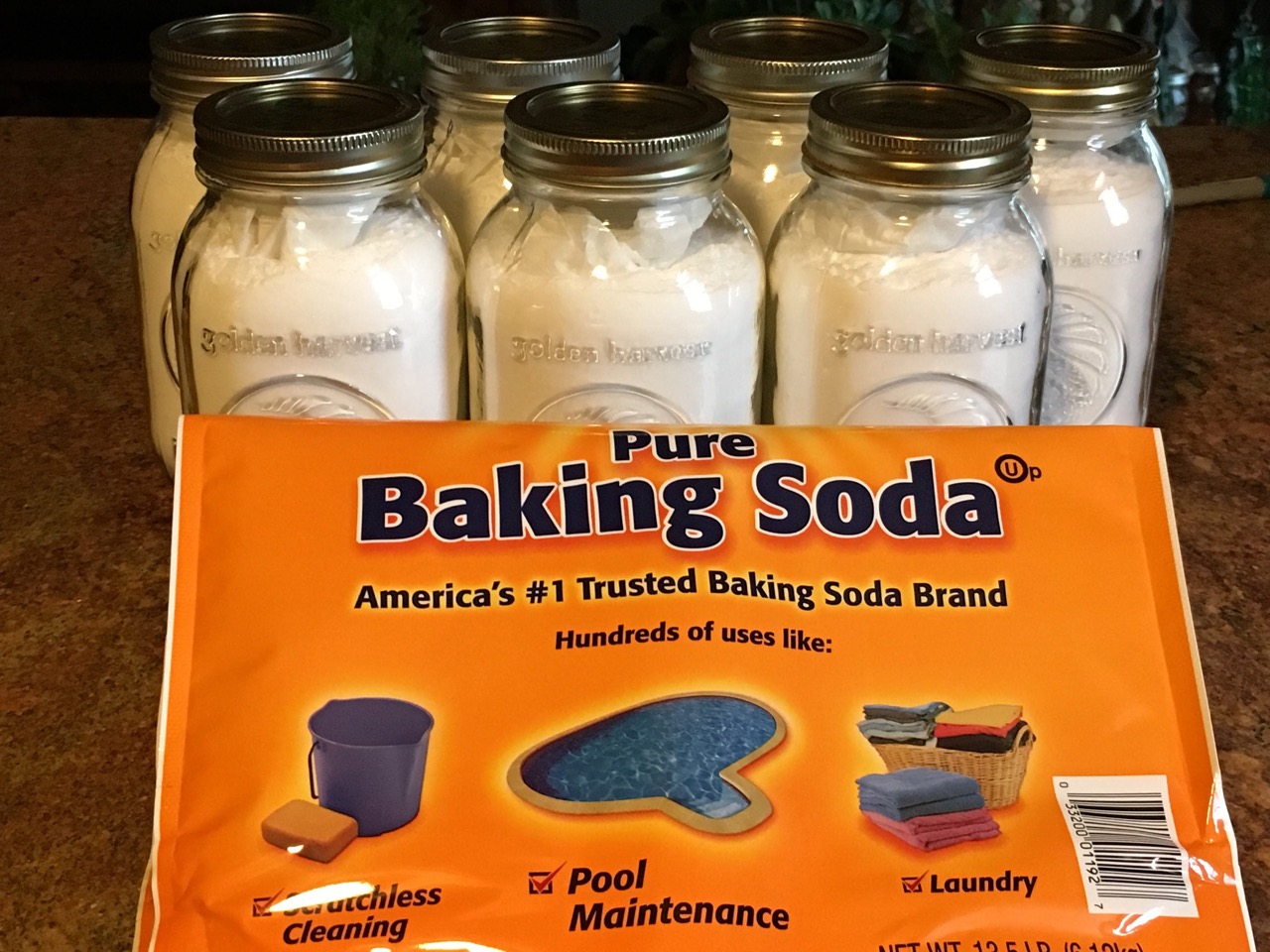
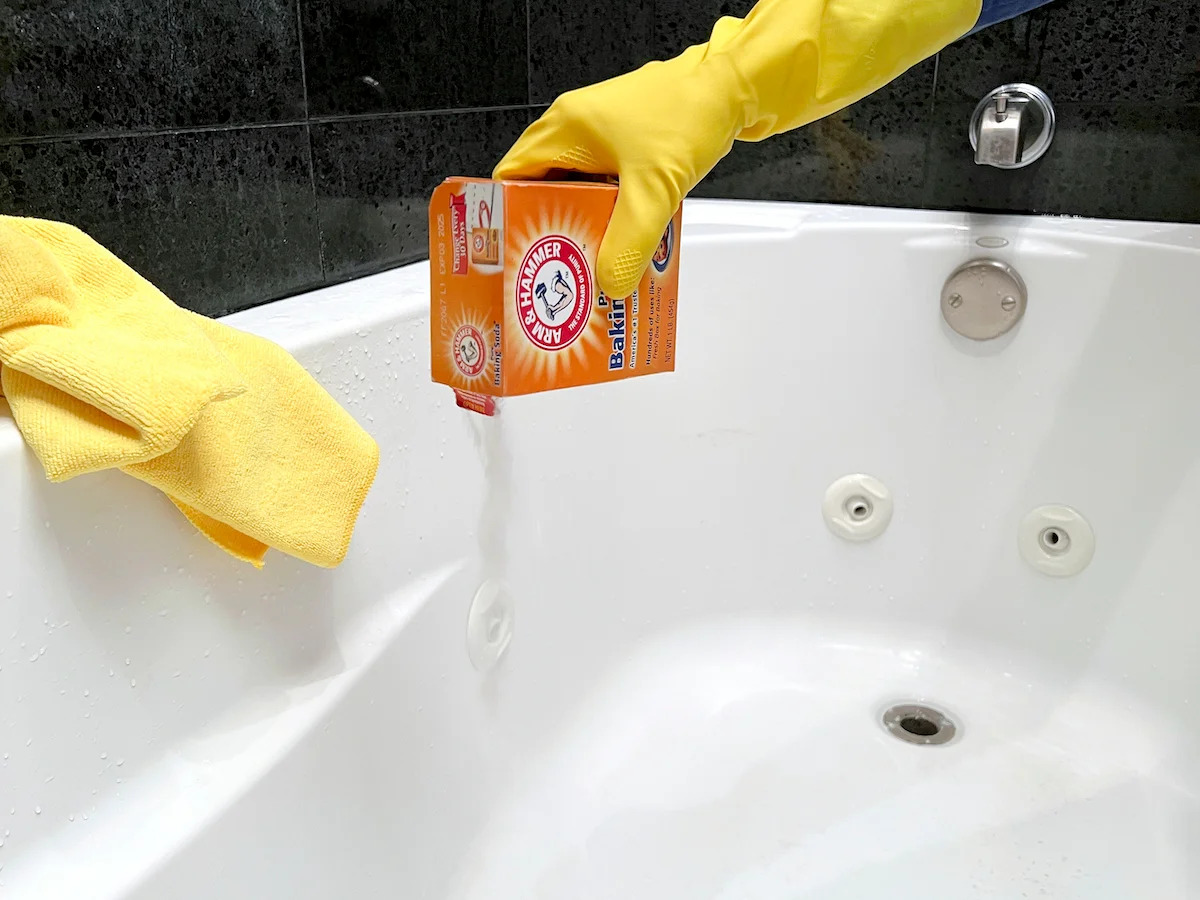
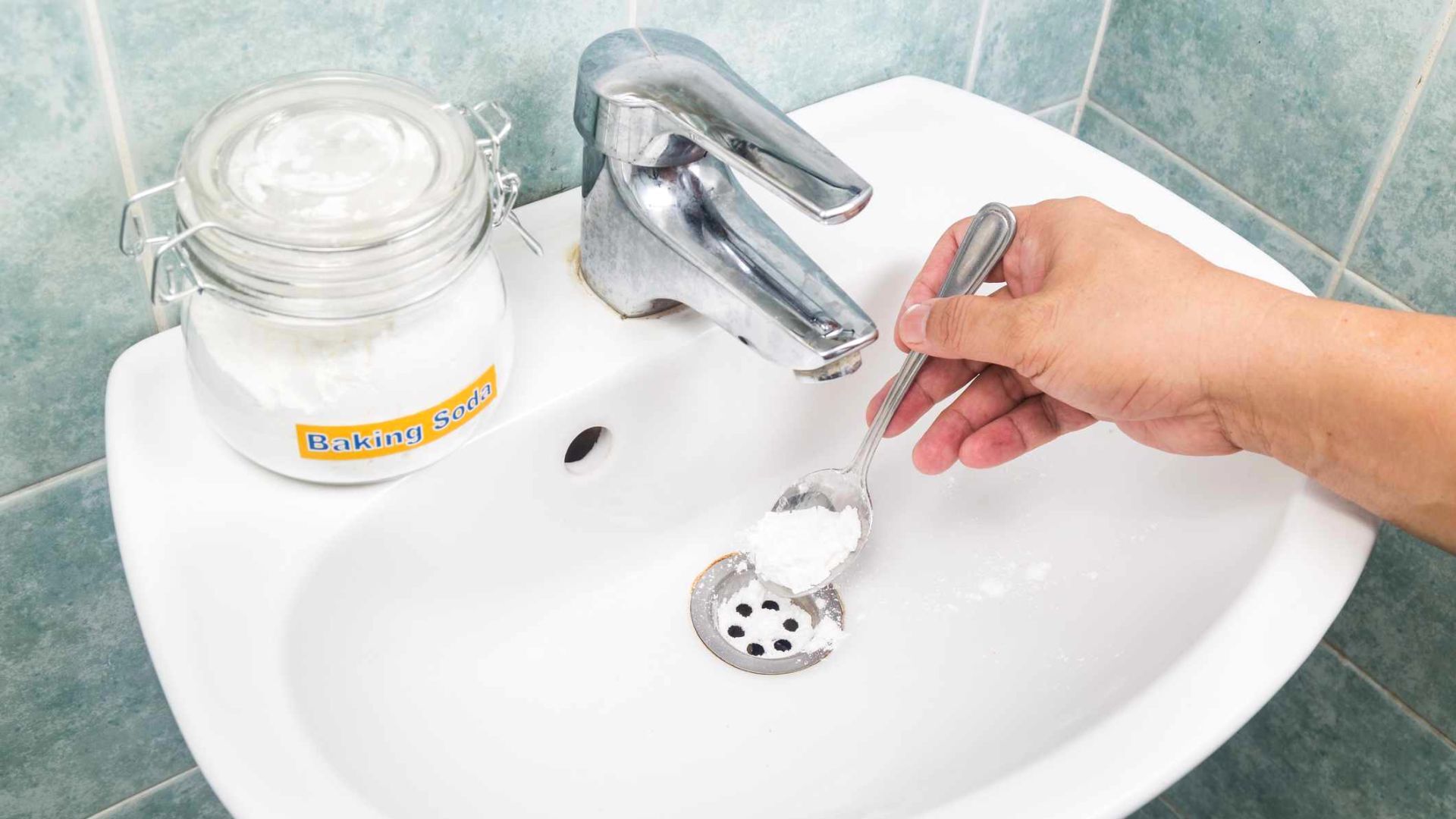
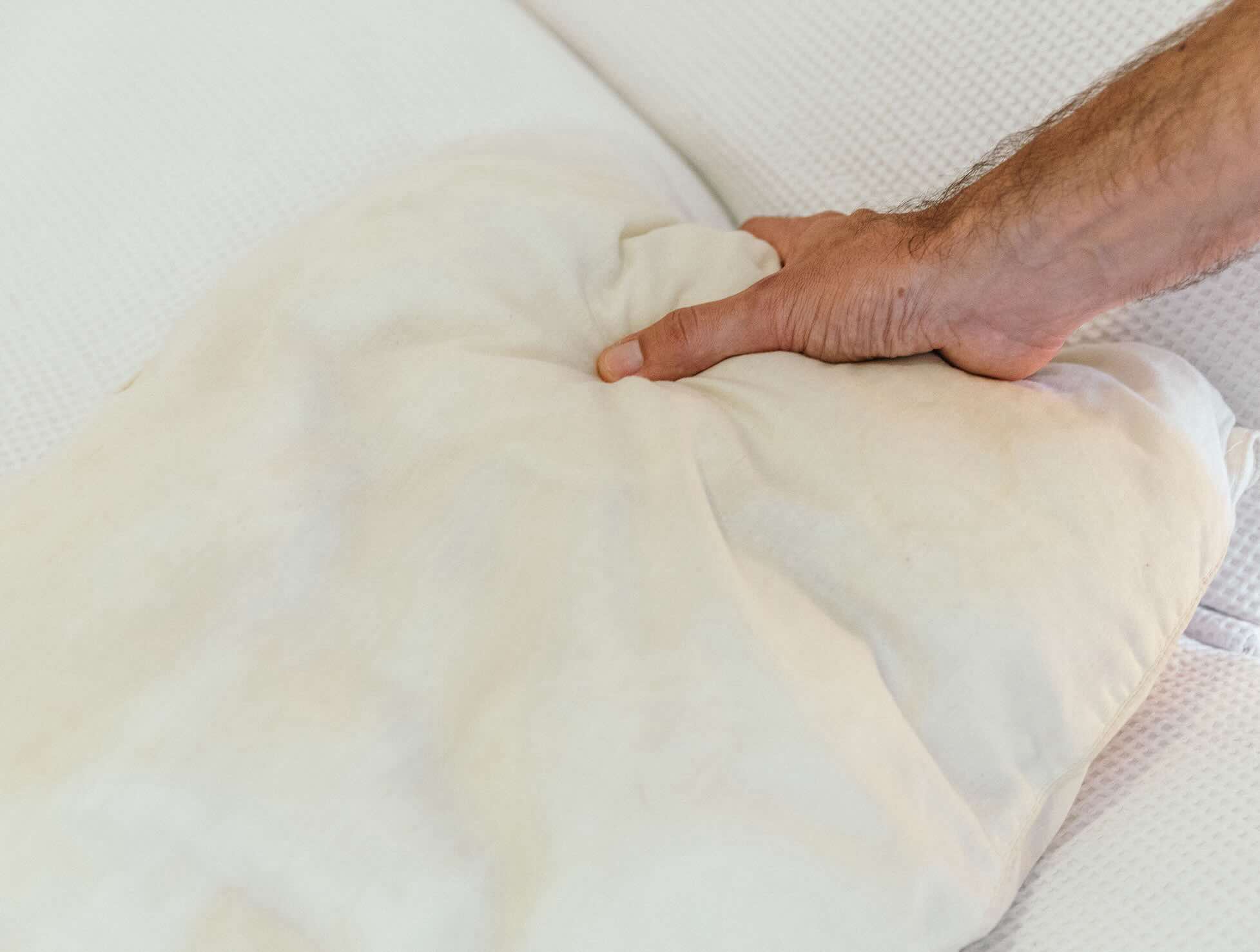
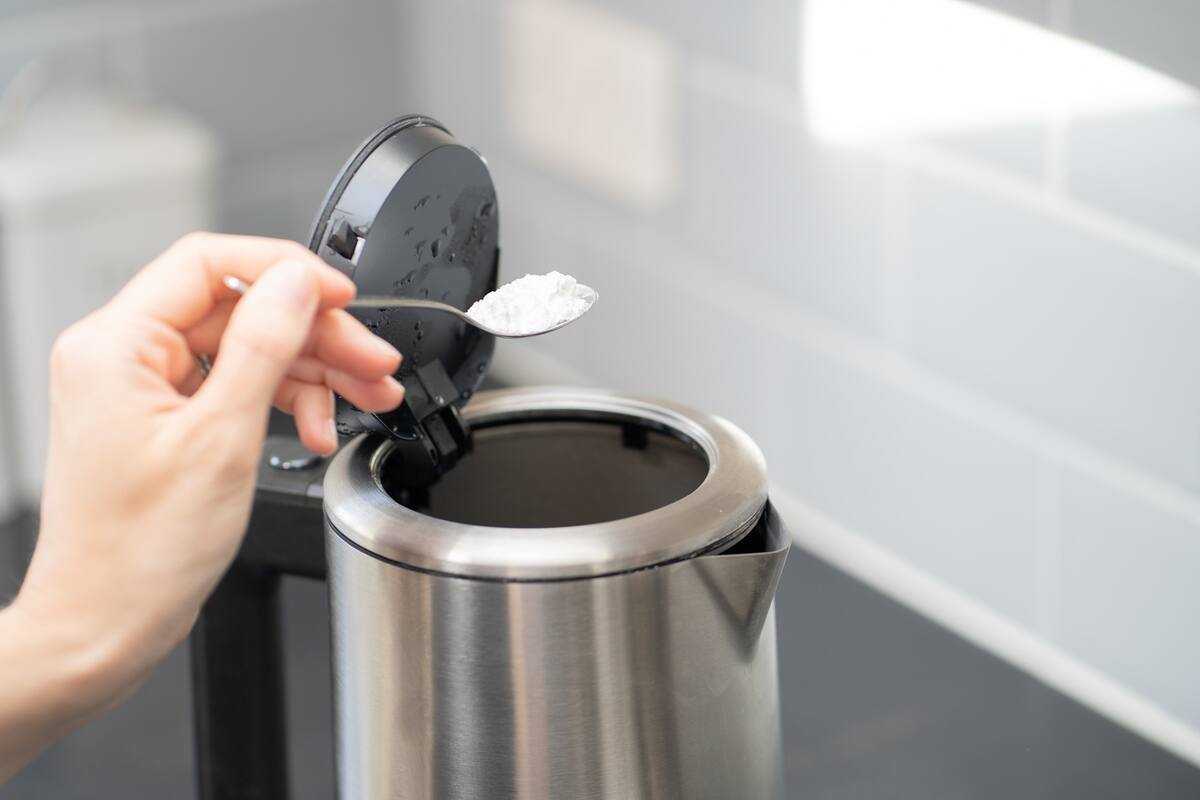
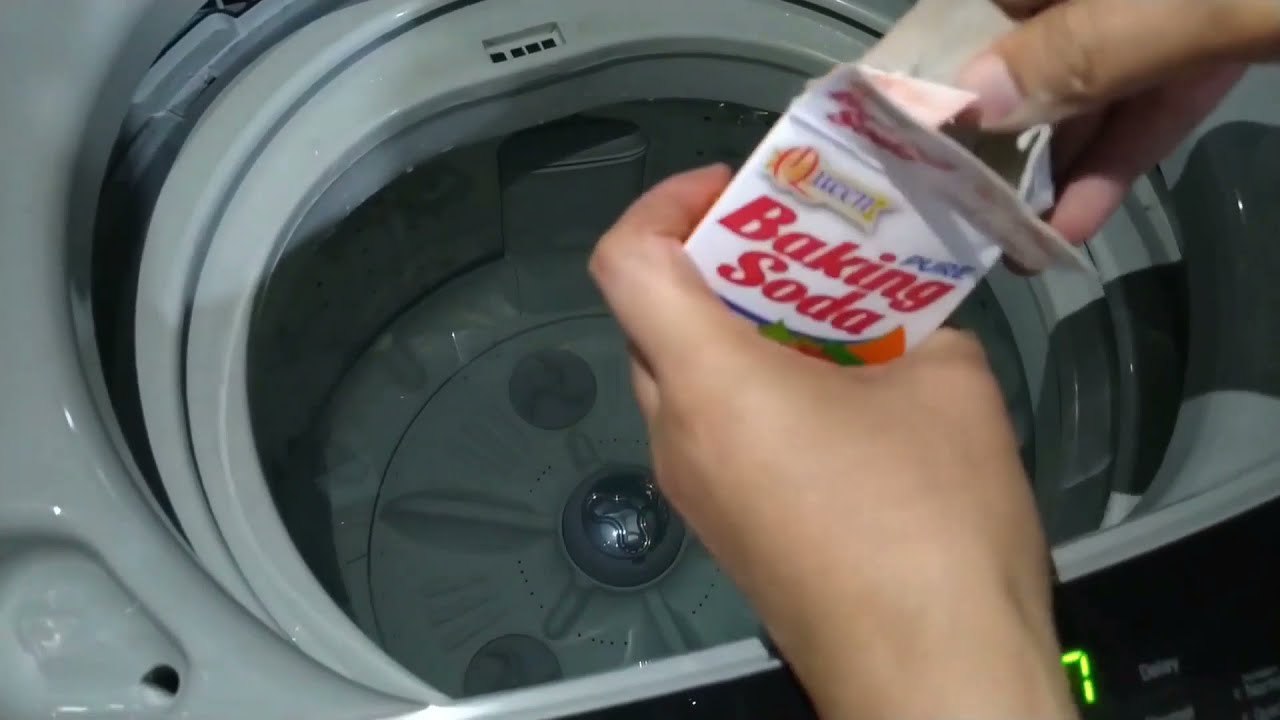
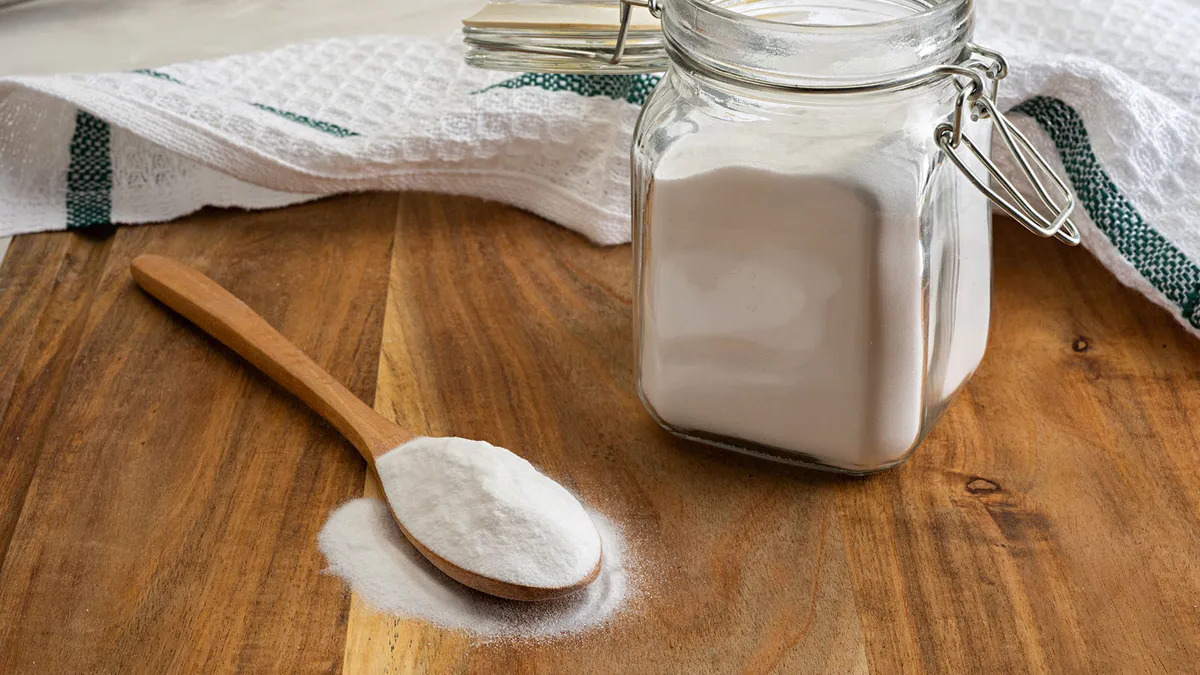
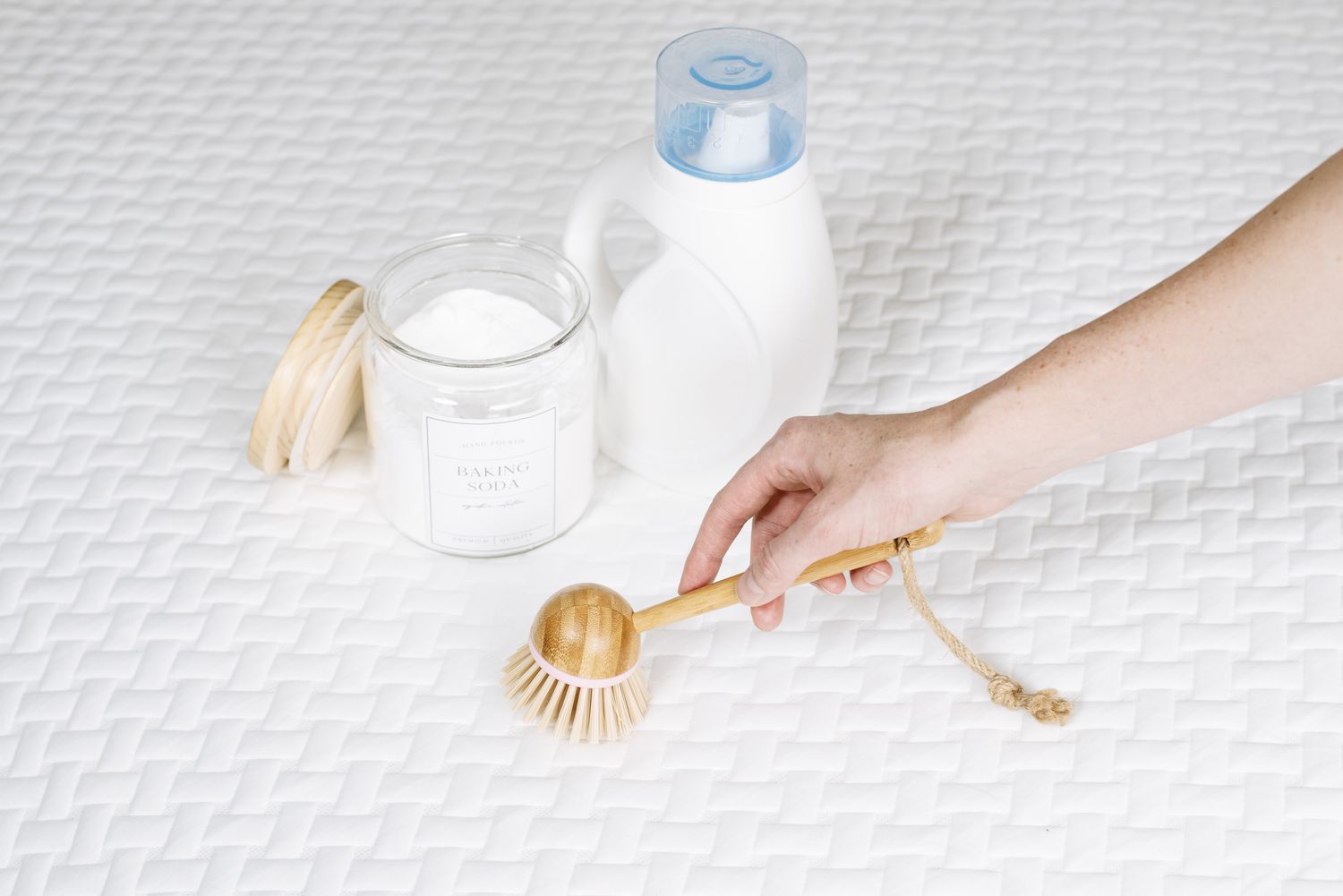
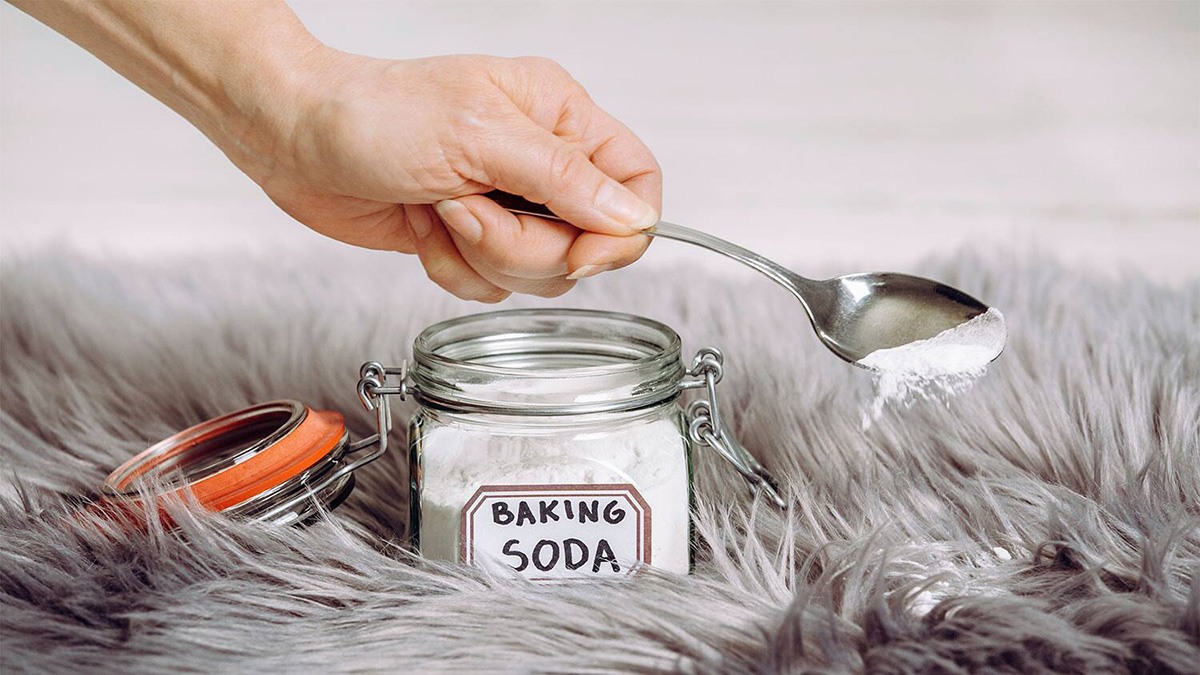
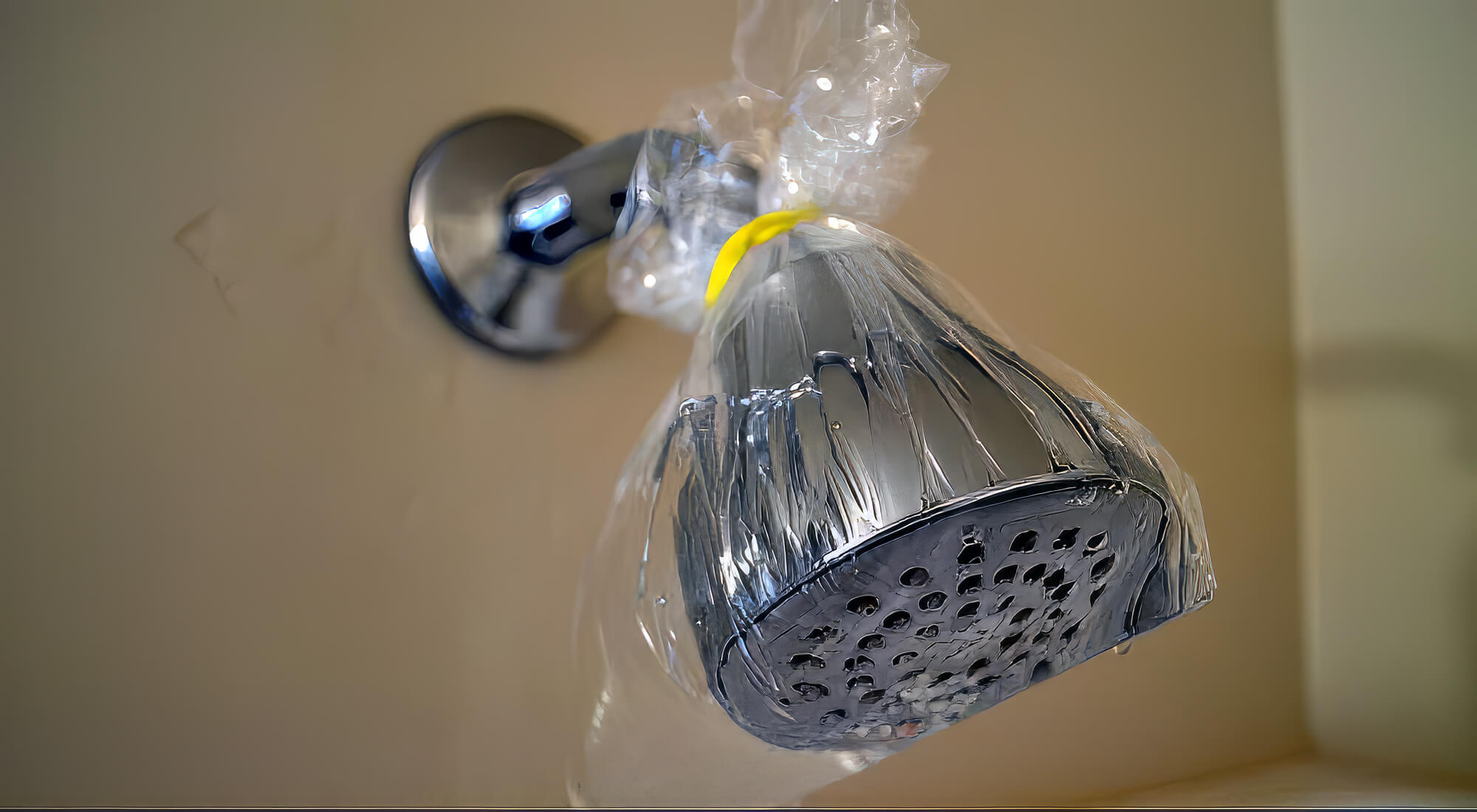
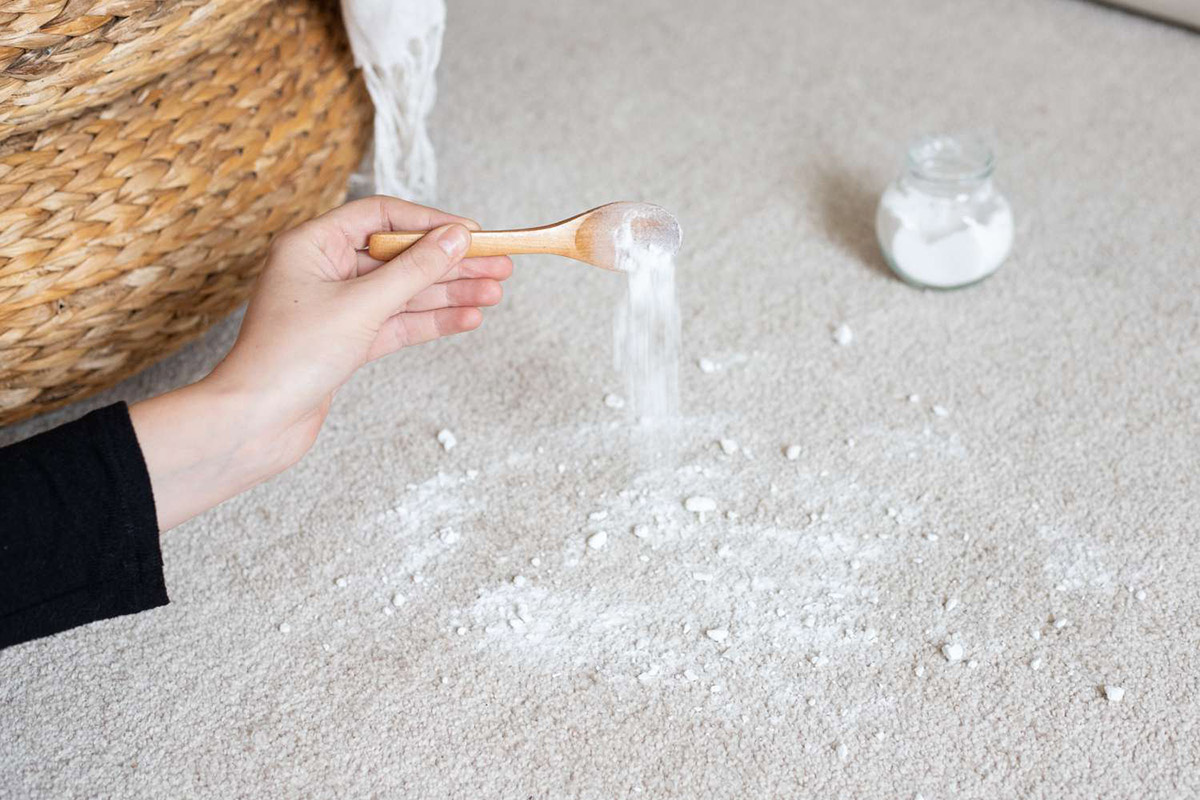
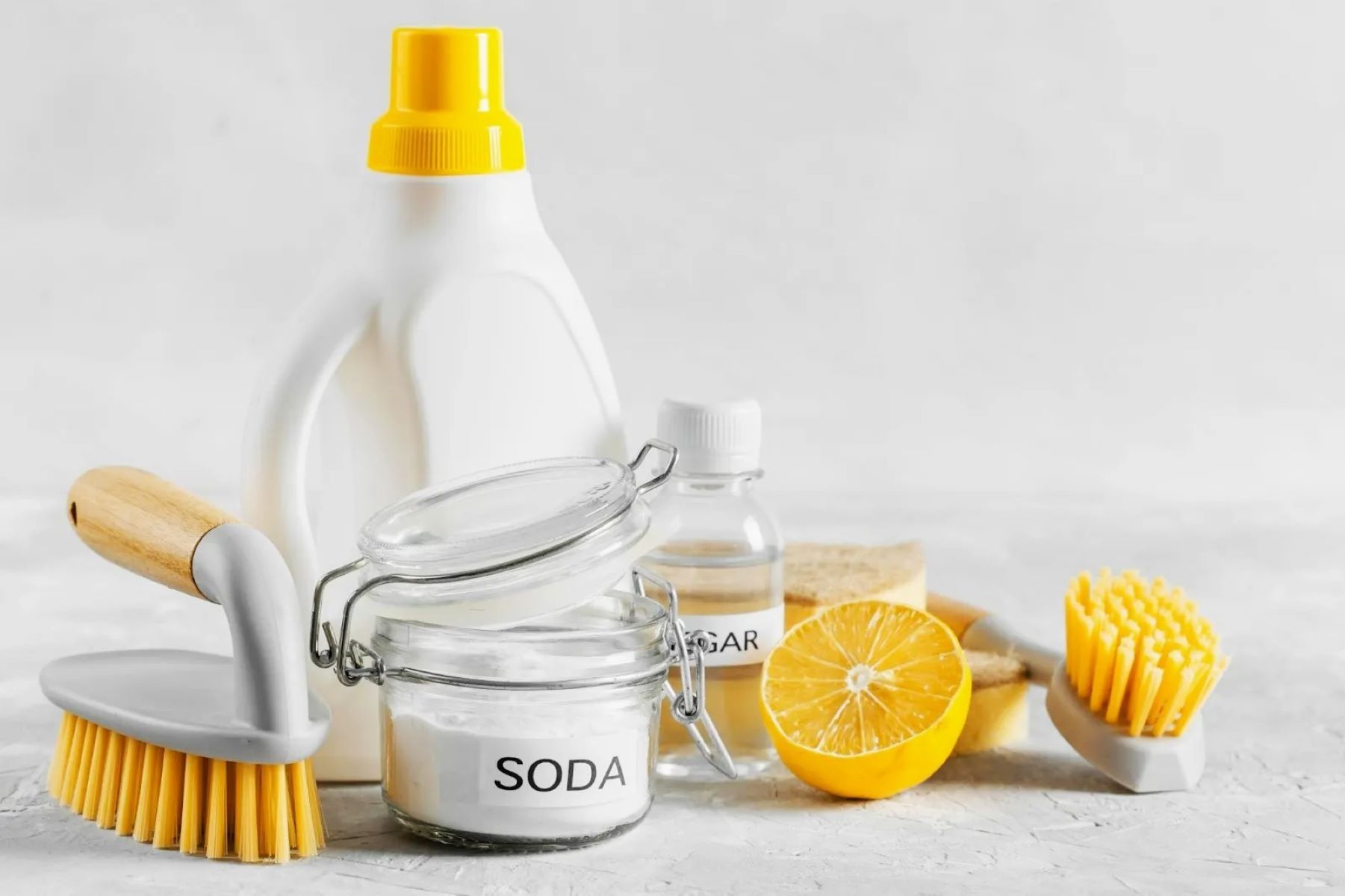
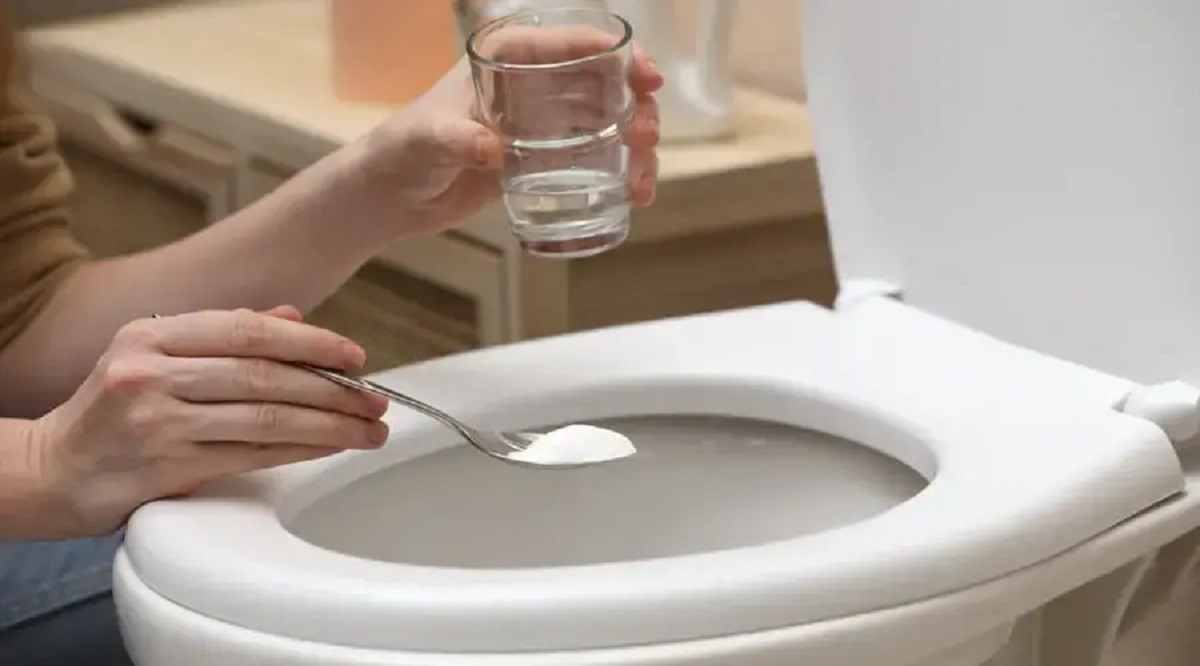
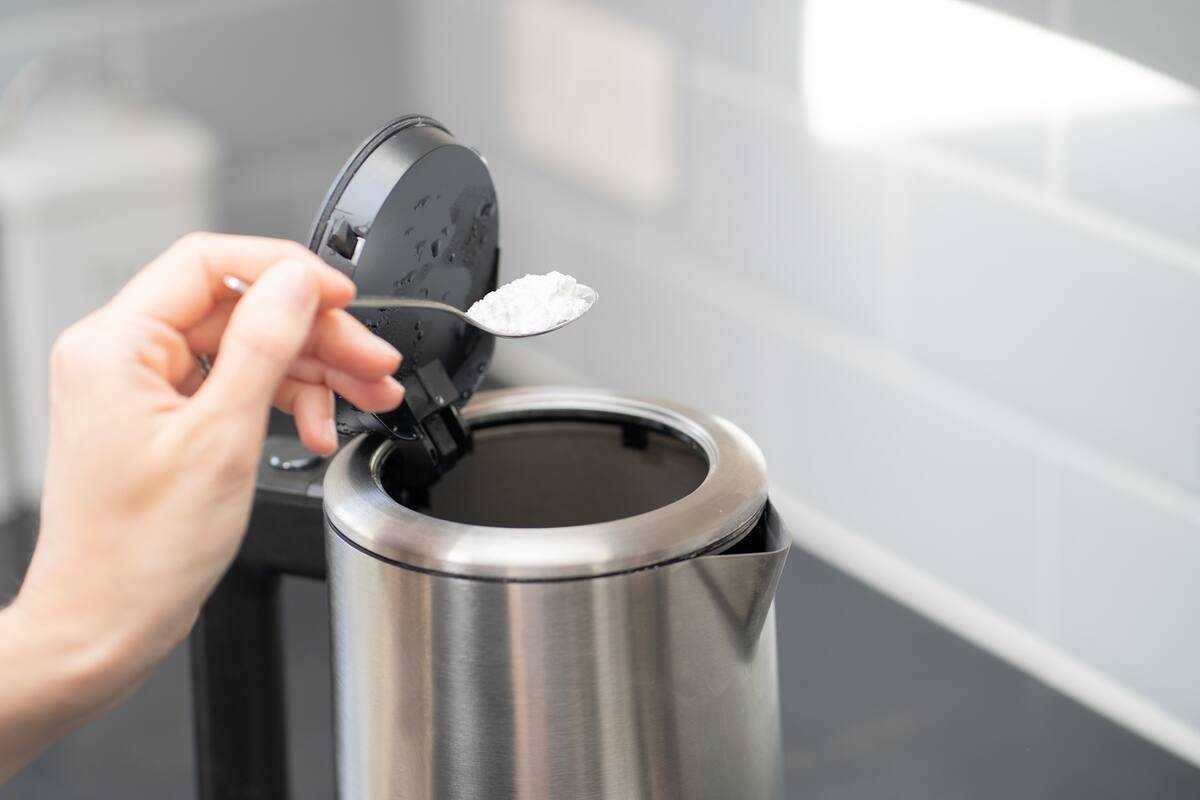

0 thoughts on “How To Store Baking Soda”